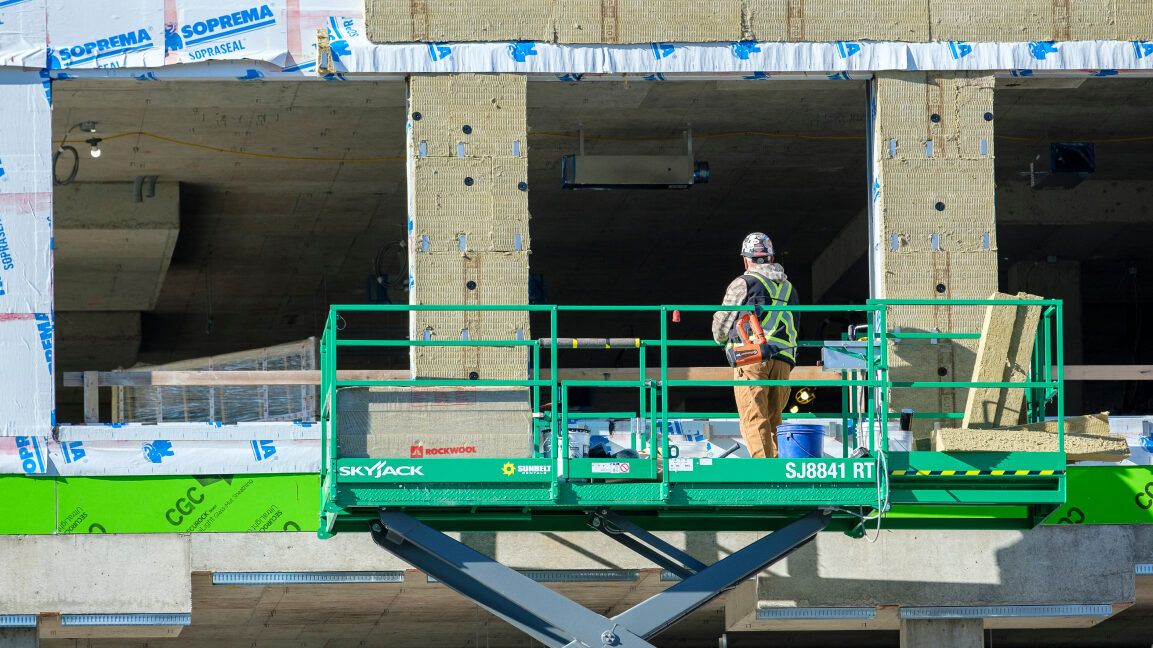Transforming business search with Service BC and BC Registries Digital Services
|

As technology evolves, business changes with it. The internet has opened a wide range of opportunities for entrepreneurs in B.C, from new categories of brick-and-mortar stores to online options for longstanding businesses.
With so many people setting up their own new ventures and targeting a province-wide market, the research and registration process needs to be easy, effective and fast.
Service BC and BC Registries Digital Services (BCRDS) are improving the process with the help of machine learning and connected platforms.
Dashboard, professional
Within the Registries Digital platform, interactive dashboards allow users to register and incorporate businesses, manage name requests and keep business records up to date. An important piece is the Business Search tool, which people can use to learn about businesses registered in B.C.

The search results include details of where the business is located, when they were started and any public ownership information. Business owners use the tool to learn about other registered businesses in B.C. and make sure their new venture’s name isn’t taken by someone else, while people using a business’s services can verify how long they’ve been operating or confirm their level of liability based on the business type.

But there’s more to business research than finding an exact matching name and that’s where machine learning comes in.
Pushing toward automation
The rules around naming a business can be complex. Business names in B.C. are required to contain a distinctive word that makes the name unique (like an individual, a location or an acronym). But there are restrictions on using certain words (like “engineer” or “doctor”), and if you don’t know what’s allowed it can mean rejected applications and long turnaround times.
The online dashboard uses automated rules and suggestions to detect restricted terms and flag them before submission. Employees will still verify the information to check for obscene and protected language, but this initial automatic check gives immediate feedback to new business makers.
Machine learning allows fuzzy matching in this search system, so users will get broader results than the specific terms they enter. For example, searching “GoodTech Industries” will retrieve other business names containing “GoodTech” (like “GoodTech Incorporated” or “GoodTech Limited”). The results are ranked from most to least relevant, similar to a Google search. Manual synonyms work in tandem with the automated search to ensure the best results appear for common terms.
For BCRDS, implementing fuzzy matching and a mix of automated and manual review has served as a proof of concept for more extensive automation in the future. For users, the process has been made more accurate, faster and less daunting.
Future efforts
With the business search tool launched and working as the team expected, BCRDS aims to use the technical runway they’ve established to set their systems up for further success.
It’s another way AI can be used to make processes smoother for users and for staff, while reducing monotonous review tasks so employees can spend more time working with customers and clients.
